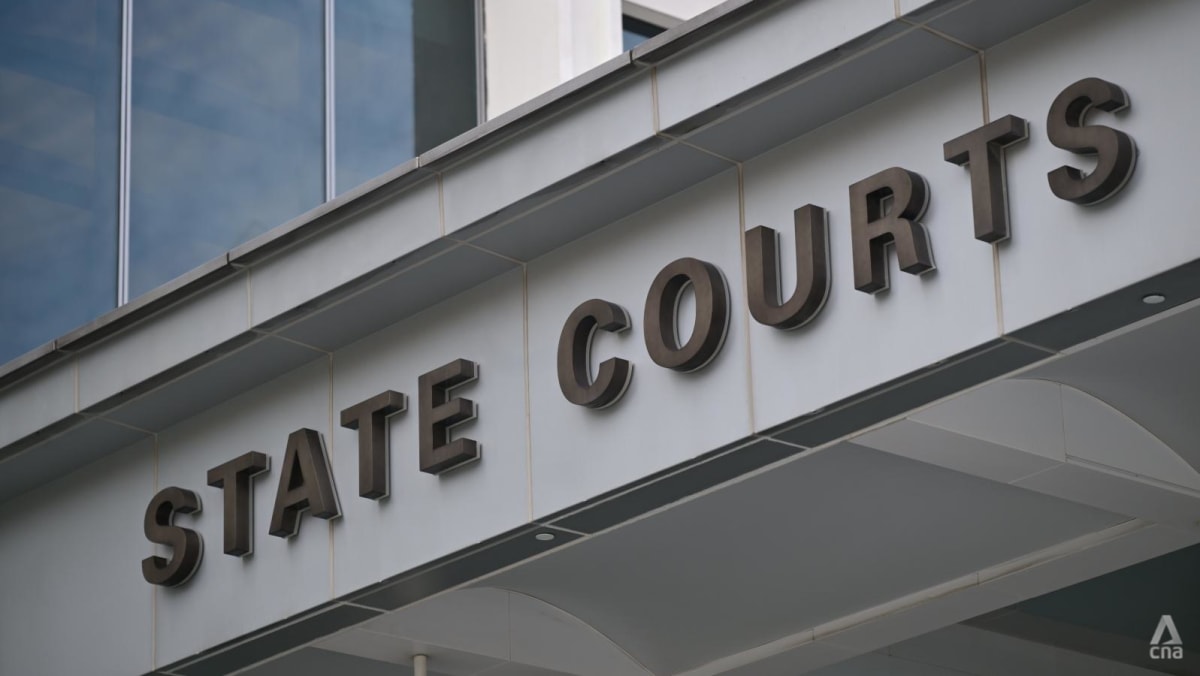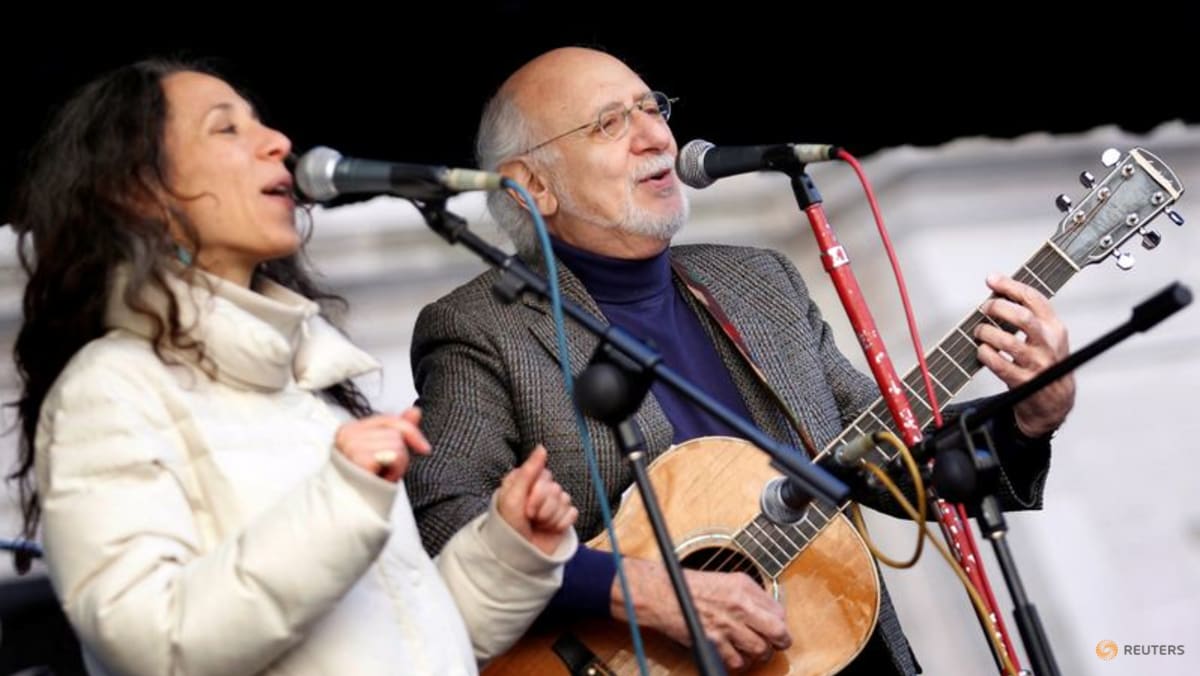“ABDICATION” OF RESPONSIBILITY
“You wouldn’t rely on just anyone to stop your toilet from leaking, but Meta now seeks to rely on just anyone to stop misinformation from spreading on their platforms,” Michael Wagner, from the School of Journalism and Mass Communication at the University of Wisconsin-Madison, told AFP.
“Asking people, pro bono, to police the false claims that get posted on Meta’s multi-billion dollar social media platforms is an abdication of social responsibility.”
Meta’s announcement represents a financial setback for its US-based third-party fact-checkers.
Meta’s program and external grants have been “predominant revenue streams” for global fact-checkers, according to a 2023 survey by the International Fact-Checking Network (IFCN) of 137 organisations across dozens of countries.
The decision will also “hurt social media users who are looking for accurate, reliable information to make decisions about their everyday lives and interactions”, said IFCN director Angie Holan.
“It’s unfortunate that this decision comes in the wake of external political pressure from a new administration and its supporters,” Holan added.
Meta’s announcement was cheered by conservative supporters of Trump, who said the move had “probably” been in response to his threats against the company and Zuckerberg.
Republican Senator Marsha Blackburn posted on X that Meta’s move was “a ploy to avoid being regulated”.
“POLITICS, NOT POLICY”
Aaron Sharockman, executive director of US fact-checking organisation PolitiFact, rejected the contention that fact-checking was a tool to suppress free speech.
The role of US fact-checkers, he said, was to provide “additional speech and context to posts that journalists found to contain misinformation” and it was up to Meta to decide what penalties users faced.
“The great thing about free speech is that people are able to disagree about any piece of journalism we post,” Sharockman said.
“If Meta is upset it created a tool to censor, it should look in the mirror.”
PolitiFact is one of the early partners who worked with Facebook to launch the fact-checking program in the US in 2016.
AFP also currently works in 26 languages with Facebook’s fact-checking program, in which Facebook pays to use fact-checks from around 80 organisations globally on its platform, WhatsApp and on Instagram.
In that program, content rated “false” is downgraded in news feeds so fewer people will see it and if someone tries to share that post, they are presented with an article explaining why it is misleading.
“The program was by no means perfect, and fact-checkers have no doubt erred in some percentage of their labels,” said Alexios Mantzarlis, director of the Security, Trust, and Safety Initiative at Cornell Tech.
“But we should be clear that Zuckerberg’s promise of getting rid of fact-checkers was a choice of politics, not policy.”













